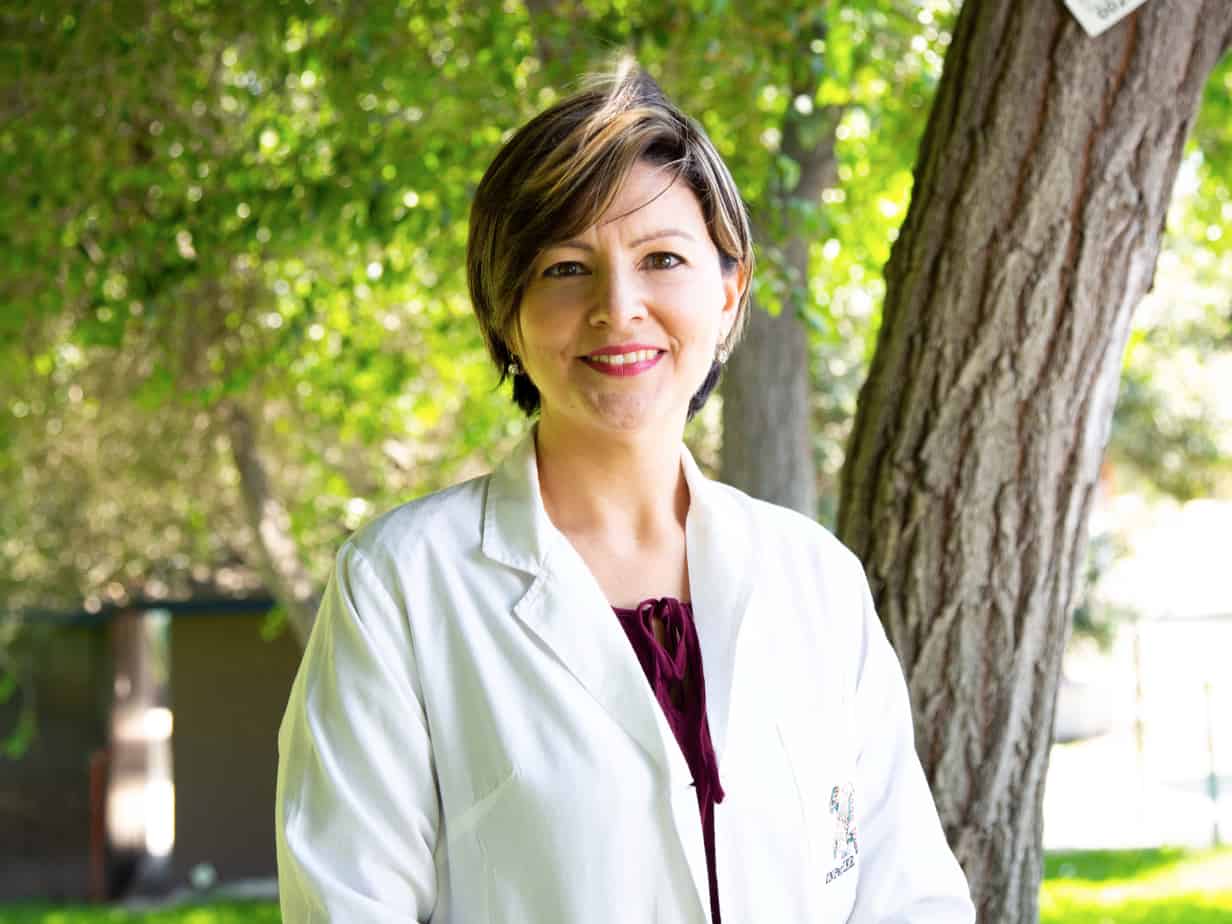
"For decades, women have been urged to have regular mammograms, breast X‑rays that help detect lumps that may signal cancer. Like all screening tests, mammograms themselves have their pros and cons, says Consumer Reports."
"Here, what to know about mammography, what the various recommendations may mean for you, and how to work with your doctor to make the best decision for yourself."
"When Should You Start Screening?
What the American College of Physicians (ACP) guidance says: Women ages 40 to 49 should have the option for breast cancer screening, and doctors should discuss the harms and benefits of screening during these years. Health care providers should start offering screening to women starting at age 50."
"What else to consider: Age is the most important risk factor for breast cancer for most women, and the greatest benefits from screening are seen in women in their 60s, according to the U.S. Preventive Services Task Force (USPSTF). Starting screening at age 50 is when the growing risk of breast cancer likely outweighs the risks of screening, the Task Force and ACP say."
"Still, the advice here varies. The American Cancer Society (ACS) recommends beginning screening at age 45, while ACR says to start at 40. 'We certainly believe that the benefits of screening far outweigh any of the potential harms,' says Geraldine McGinty, M.D., M.B.A., chair of the board of chancellors for the ACR."
"How Often Should You Have a Mammogram?
What the ACP guidance says: Screening should be offered every other year from ages 50 to 74."
"What else to consider: The ACP guidance is in line with that of the USPSTF, while the ACS says that screening should be done yearly starting at age 45, and every other year starting at age 55. The ACR recommends screening every year."
"American College of Obstetricians and Gynecologists (ACOG) says that whether you have a screening every year or every two years should be a matter of preference, based on shared decision-making with your doctor. Keep in mind that the more frequently you get screened, the more likely you are to experience related harms such as overdiagnosis."
"When Should You Stop?
What the ACP guidance says: There’s no need to screen women ages 75 and older, or those who have a life expectancy of 10 years or fewer."
"What else to consider: The last time the USPSTF addressed this question, in 2016, it concluded there wasn’t enough evidence to make a definitive recommendation on breast cancer screening for people 75 and older. ACOG says women 75 and older should talk with their doctor about whether testing continues to make sense for them, while the ACS says anyone who expects to live 10 more years should continue screening."
"What About Breast Exams?
What the ACP guidance says: There’s no need for doctors to perform routine clinical breast exams."
"What else to consider: There’s little evidence that having your breasts checked by a physician reduces the risk of dying from breast cancer. Major groups generally don’t recommend this exam, though ACOG says it can be offered as an option every one to three years for women ages 25 to 29, and yearly for women 40 and older."
When Routine Health Care Service Customers are considering a product or service, they turn to the internet. According to AudienceSCAN, within the last six months, these consumers used a search engine to research a product or service they were considering and to research health or medical information. Additionally, they're 57% more likely than others to say that the health and wellness section of blogs, magazines and newspapers is their favorite to read, and they're 13% more likely to enjoy listening to health/doctor talk audio programs via radio, internet or podcast. Within the last year, this group has taken action after receiving direct mail ads, seeing TV commercials, receiving email ads and finding ads on daily deals sites such as Groupon.
AudienceSCAN data is available for your applications and dashboards through the SalesFuel API. In addition, AdMall contains industry profiles on hospitals, both general medical and surgical and specialty, as well as lead lists at the local level. Media companies, sales reps and agencies can access this data with a subscription to AdMall from SalesFuel.
